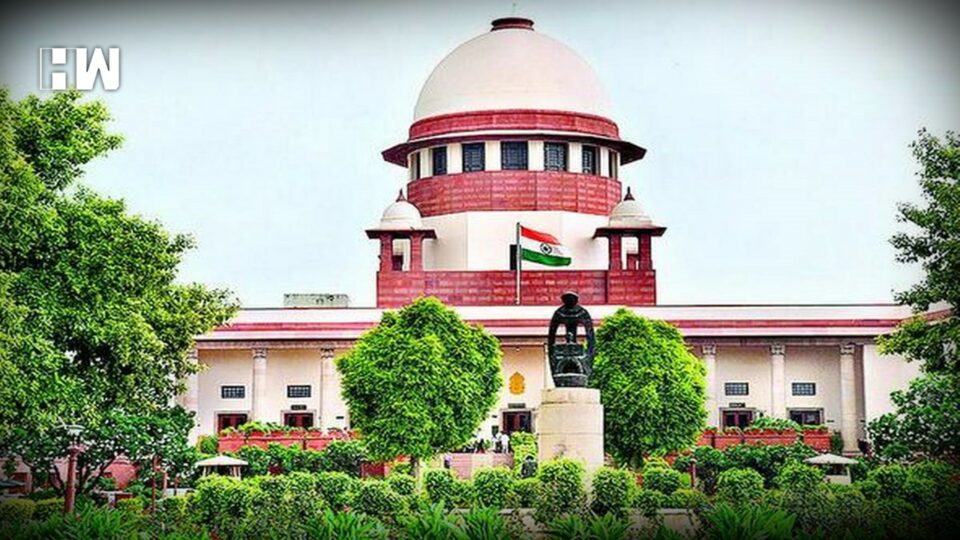Chief Justice D Y Chandrachud stated that he would form a suitable bench to address the issue.
On Wednesday, the Supreme Court announced that it will review a series of petitions challenging the constitutional validity of the sedition provision in the Indian Penal Code (IPC) in January. This comes several months after the introduction of bills by the Centre in Parliament, aiming to replace colonial-era penal statutes, with one proposal being the repeal of the sedition law.
Chief Justice D Y Chandrachud expressed his intention to form a suitable bench to address the issue. Additionally, advocates Prasanna S and Pooja Dhar were appointed as nodal counsel to assist in compiling relevant case laws and statutory material ahead of the hearing.
Also read: 2 Army Personnel Killed In Encounter With Terrorists In Jammu And Kashmir’s Rajouri
Previously, the Supreme Court had rejected the Center’s strong request to postpone the referral of the petitions to a larger bench. The Center argued that Parliament was in the process of “re-enacting” the provisions of the Indian Penal Code (IPC), and a bill had been submitted to a standing committee.
The sedition law, outlined in section 124A of the Indian Penal Code (IPC), imposes a maximum life imprisonment sentence for generating “disaffection towards the government.” This law was incorporated into the penal code in 1890, a substantial 57 years before Independence and nearly three decades after the IPC was established.
As an independent media platform, we do not take advertisements from governments and corporate houses. It is you, our readers, who have supported us on our journey to do honest and unbiased journalism. Please contribute, so that we can continue to do the same in future.


